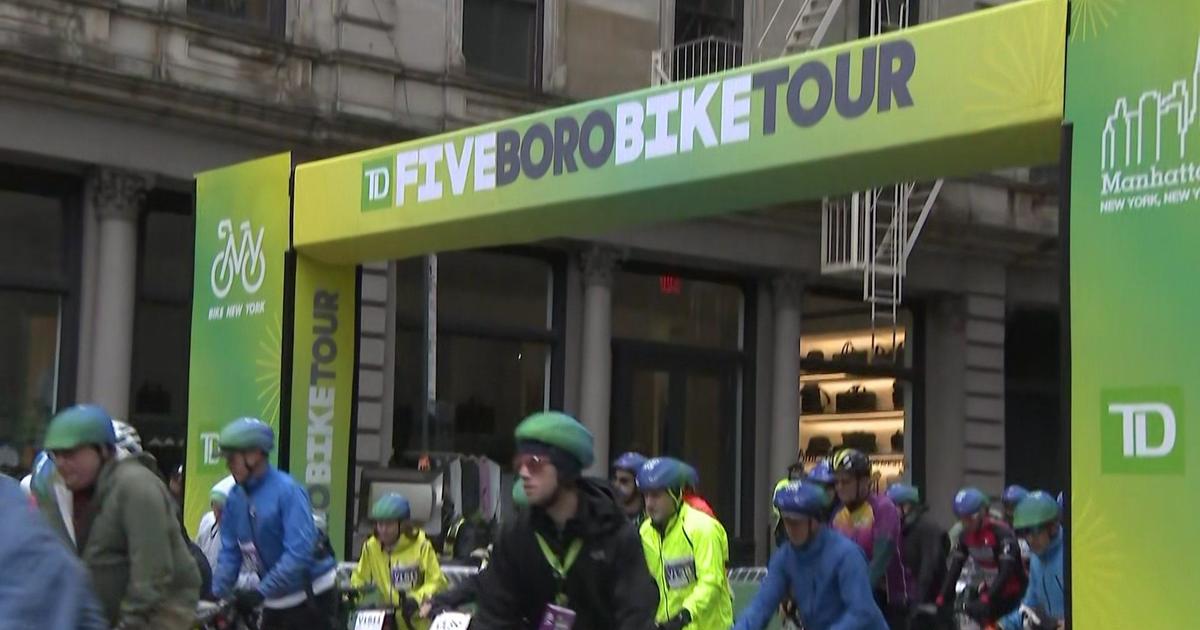OWS Celebrates 2nd Anniversary With Marches, Rallies In Manhattan
NEW YORK (CBSNewYork/AP) -- Four people, including a New York State senator, were arrested Tuesday as Occupy Wall Street marched to the site of their former Manhattan encampment to mark the second anniversary of the movement against corporate greed and inequality.
Protesters convened in lower Manhattan on Tuesday morning for a day of marches and rallies.
As WCBS 880's Alex Silverman reported, a group of demonstrators marched down Broadway and turned onto Wall Street ahead of the New York Stock Exchange opening bell.
The protesters also demonstrated outside the United Nations before marching to Bryant Park. That march focused on the idea of a "Robin Hood Tax," a 0.5 percent levy that would be applied to financial service companies, with revenues to be geared toward social services.
PHOTOS: Occupy Wall Street 2nd Anniversary March
Six police officers on horseback kept an eye on things. Four protesters were arrested for obstructing traffic, CBS 2 reported.
Among those arrested was state Sen. Brad Hoylman (D-Manhattan.)
"Thank you for letting us have the First Amendment," one protester shouted to a police officer, Silverman reported.
The protesters were blocking traffic as they continued to march Tuesday evening.
On Sept. 17, 2011, protesters first began camping in Zuccotti Park near the Stock Exchange. The movement has splintered since Mayor Michael Bloomberg evicted the protesters from the plaza in November 2011.
OWS Celebrates 2nd Anniversary With Marches, Rallies In Manhattan
Without leaders or specific demands, the movement has since turned into an amorphous protest against everything wrong with the world.
"These separate offshoots all are very impactful on their own and it takes big events to rally us together," Organizer Harry Waisbren told WCBS 880's Monica Miller reported.
Waisbren said they've grown as an organization representing different problems the 99 percent face. For example, Occupy organizers played a leading role in disaster relief after Superstorm Sandy hit the region last year.
OWS To Celebrate 2nd Anniversary With Marches, Rallies In Manhattan
"Two years later the world is very different, the movement is very different, we ourselves are very different," Waisbren said. "We've picked up all sorts of skills and tactics and strategies on the way and the whole key is figuring out how to evolve with the times."
On Tuesday morning, about 100 Occupiers returned to the small granite plaza near the New York Stock Exchange that once teemed with thousands of protesters. But this time around, the park was barely half full. Most of the granite benches were empty. The number of police officers and reporters nearly equaled the number of protesters.
Waisbren said the success of the organization isn't based on the number of people they draw to events, but rather on the fact that they shift the national conversation about issues impacting the 99 percent.
The NYPD arrested 185 people during last year's anniversary.
You May Also Be Interested In These Stories:
(TM and © Copyright 2013 CBS Radio Inc. and its relevant subsidiaries. CBS RADIO and EYE Logo TM and Copyright 2013 CBS Broadcasting Inc. Used under license. All Rights Reserved. This material may not be published, broadcast, rewritten, or redistributed. The Associated Press contributed to this report.)



